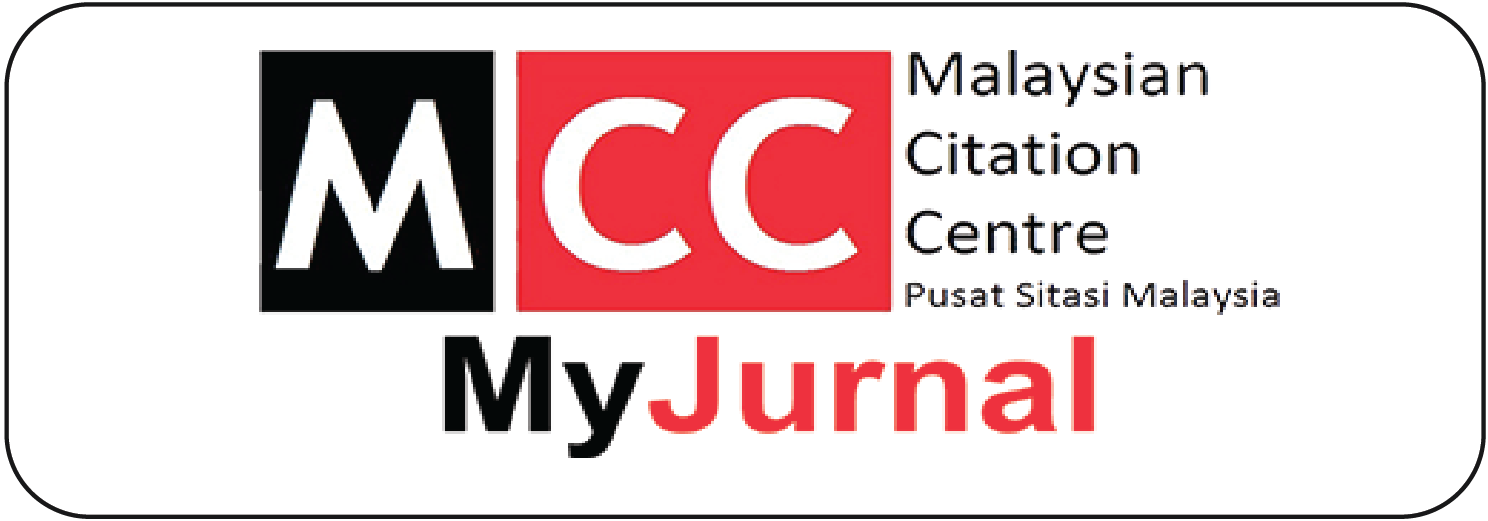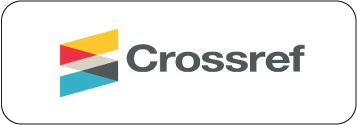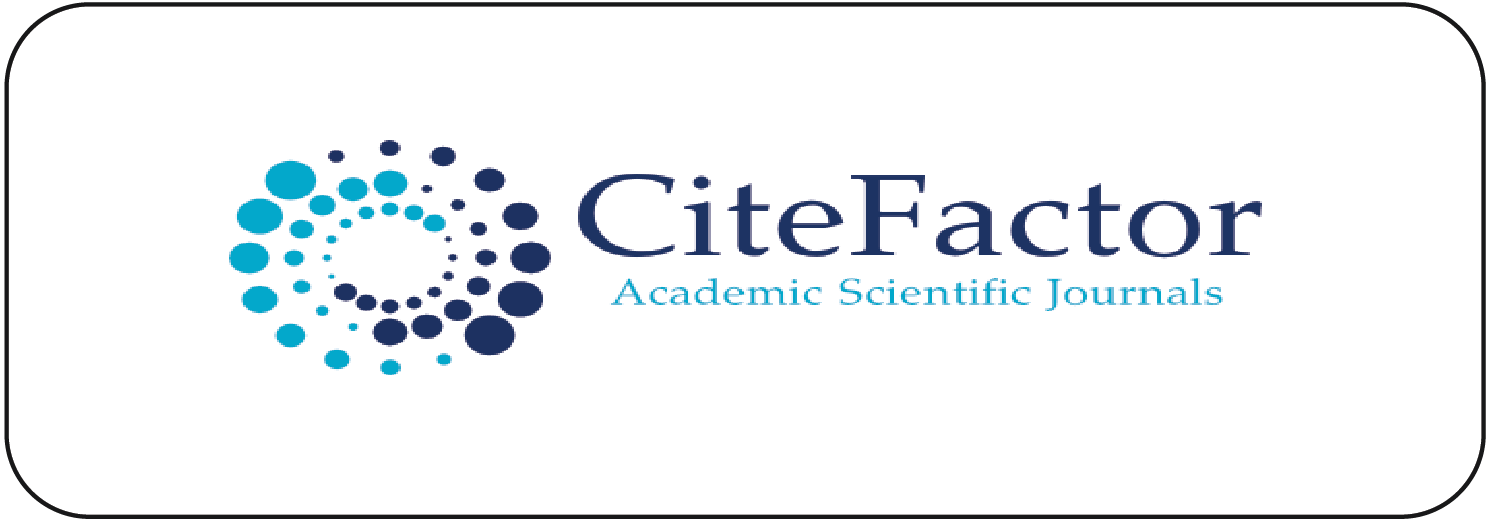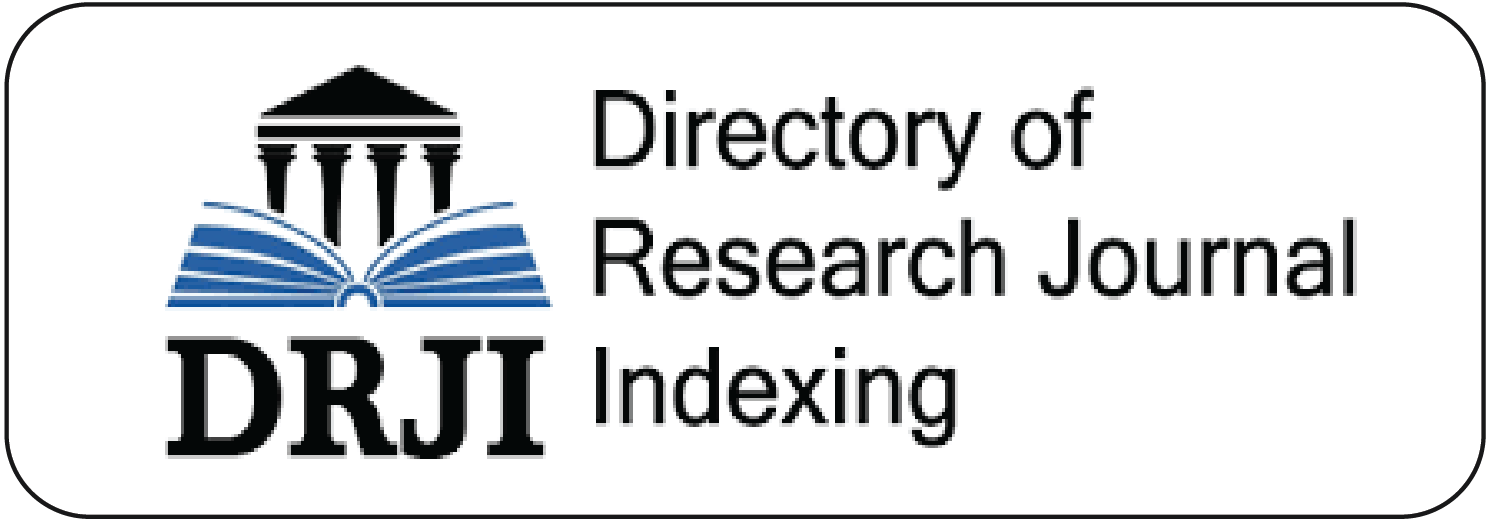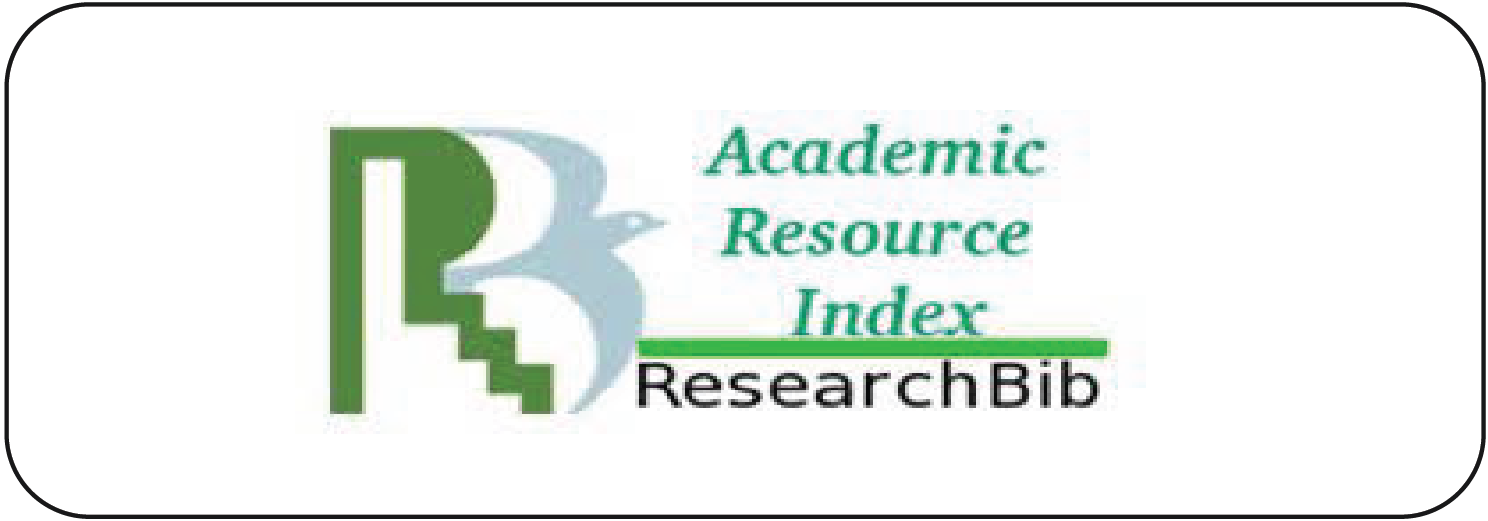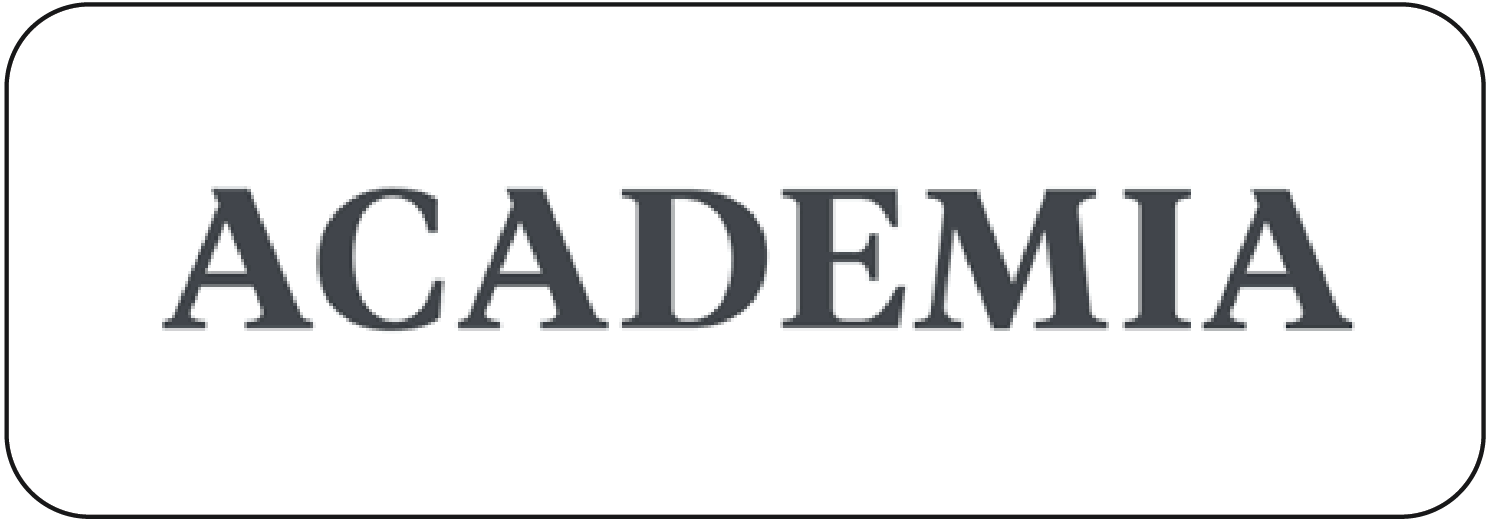Governance and Outreach of Islamic Microfinance (BMT) Toward Cash Waqf
DOI:
https://doi.org/10.51377/azjaf.vol5no2.173Keywords:
Islamic Microfinance, Baitul Maal wa Tanwil (BMT), Cash Waqaf Institution, Outreach and Governance, Partial Least Square (PLS)Abstract
This paper examines the relationship between the determinants of corporate outreach and corporate governance in Islamic microfinance institutions (Baitul Maal wa Tanwil, BMT toward Cash Waqf management using a primary data set built from the concept of Islamic MFIs collected from internal and external respondents. Islamic Micro-finance implements cash waqf management. Using the measurement model and the structural model in Partial least square (PLS), this paper examines the effects of the board and CEO characteristics, type of firm ownership, customer-firm relationship, and competition and regulation on the financial performance of Islamic MFIs and outreach to Islamic Microfinance customers and institutions Cash Waqf. This paper finds that Determinants of governance in microfinance Islamic institutions - BMT in cash waqf management is CEO/chairman duality, internal board auditor, board size, shareholder firm, individual loan, competition, regulated bank, urban market, Islamic microfinance Institutional age, portfolio at risk, firm size, and Human development index (HDI). Outreach governance of MFIs-BMT on cash waqf management is divided into three dimensions, namely: first, the internal dimensions are; CEO/chairman duality, internal board auditor, the board size, and shareholder firm. Second, the external dimensions are; individual loans, competition, bank regulation, urban market, Islamic microfinance Institutional age. Third, the dimensions of the control factor are; portfolio at risk, firm size, and Human development index (HDI). MFIs-BMT on cash waqf management in Indonesia discussed in this study proves that outreach governance of MFIs-BMT occurs only in external dimensions, including; individual loan, competition, bank regulated, urban market, Islamic microfinance Institutional age. Our research concludes that MFIs in Indonesia focus on individual loans, competition between MFIs and BMTs, are subject to banking regulations, are more developed in rural markets than urban markets, and this dimension of outreach governance depends on the age of MFIs-BMTs.
Downloads
Downloads
Published
How to Cite
Issue
Section
License
Copyright (c) 2024 Riris Aishah Prasetyowati, Asep Saepudin Jahar, Imam Subchi

This work is licensed under a Creative Commons Attribution-NonCommercial-NoDerivatives 4.0 International License.








